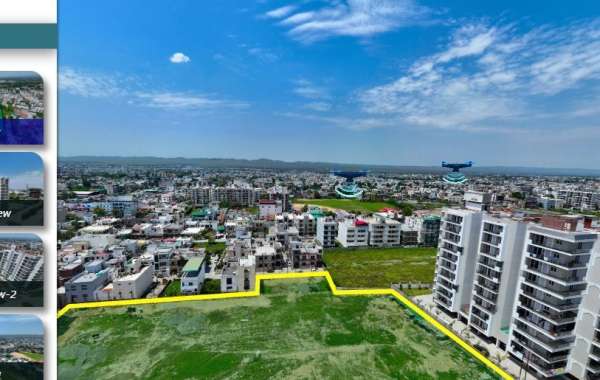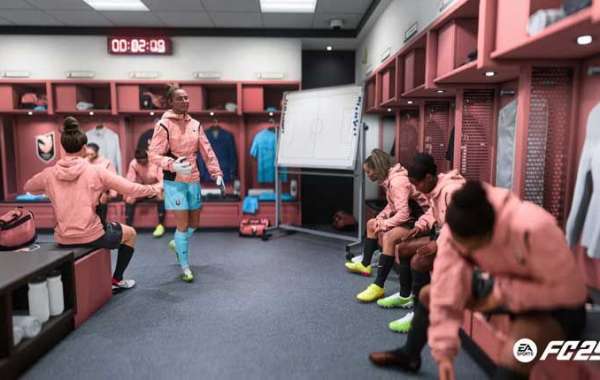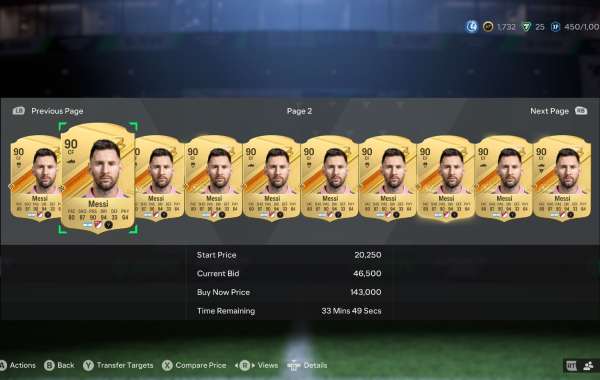Virtual Reality (VR) home tours can significantly enhance communication between buyers and sellers in the real estate market. Here are ways to improve buyer-seller communication using VR home tours:
For Sellers:
Immersive Property Showcase: Use VR to create immersive property showcases that allow potential buyers to virtually tour the home. This gives sellers an opportunity to present their property in a visually appealing and engaging way.
Highlight Key Features: Utilize VR to highlight specific features of the property. Whether it's a newly renovated kitchen, a spacious backyard, or unique architectural details, VR allows sellers to showcase these features effectively.
Virtual Staging: Virtual staging can help sellers present their home in the best light. Using VR, they can virtually stage different rooms with various furnishings to demonstrate the potential of each space.
Personalized Virtual Walkthroughs: Sellers can create personalized VR walkthroughs to guide potential buyers through the property. This allows sellers to provide insights, share anecdotes, and point out unique aspects during the tour.
Interactive Elements: Incorporate interactive elements within the VR tour, such as clickable hotspots that provide additional information about certain features or allow buyers to ask questions directly during the tour.
Remote Seller Presentations: Host remote seller presentations using VR, where sellers can virtually present the property to potential buyers in real-time. This allows for direct communication, questions, and immediate responses.
Virtual Neighborhood Tours: Extend the VR experience to showcase the surrounding neighborhood. Sellers can highlight local amenities, schools, parks, and other attractions to give buyers a comprehensive view of the area.
For Buyers:
Remote Property Exploration: VR allows buyers to explore properties remotely, providing an efficient way to narrow down their choices before scheduling physical visits. This is particularly valuable for out-of-town buyers.
In-Depth Property Assessment: Buyers can use VR to conduct in-depth assessments of the property, examining details like room sizes, layouts, and overall spatial relationships. This helps them make more informed decisions.
Time and Cost Savings: VR tours save buyers time and money by reducing the need for multiple physical property visits. This is especially beneficial for busy individuals who may have limited availability for on-site inspections.
360° Views and Perspectives: VR provides 360° views and perspectives, allowing buyers to virtually stand in different areas of a room or space. This helps them get a more accurate sense of the property's dimensions and layout.
Interactive Property Comparison: Buyers can use VR to compare multiple properties interactively. This side-by-side comparison can aid in decision-making by highlighting the strengths and unique features of each property.
Virtual Reality Headset Integration: For a truly immersive experience, buyers can use VR headsets to feel like they are physically present in the property. This adds a level of realism and engagement that traditional online listings may lack.
Easy Sharing with Advisors: Buyers can easily share VR tours with family, friends, or real estate advisors for their input. This collaborative approach can help buyers gather diverse perspectives before making a decision.
Remote Consultations with Sellers: Using VR, buyers can participate in virtual consultations with sellers. This can include live Q&A sessions or guided virtual walkthroughs where sellers provide additional details or address specific inquiries.
General Tips:
User-Friendly Interface: Ensure that the VR tour interface is user-friendly for both sellers and buyers. Intuitive controls and clear navigation contribute to a positive experience.
Cross-Platform Compatibility: Make VR tours accessible on various devices, including desktops, smartphones, and VR headsets, ensuring that buyers can engage with the content using their preferred technology.
Clear Call-to-Action: Include a clear call-to-action at the end of the VR tour, guiding buyers on the next steps, whether it's scheduling an in-person visit, contacting the seller, or submitting an offer.
Feedback Mechanism: Implement a feedback mechanism to gather insights from both buyers and sellers about their VR tour experience. This can help identify areas for improvement and enhance future interactions.
By leveraging VR home tours, sellers and buyers can communicate more effectively, leading to a better-informed and streamlined real estate transaction process.
See more
VR virtual reality, Drone 360 View
virtual tour, 360 virtual tour, 360 degree virtual tour, virtual tour 3d
360 virtual tour, 360 degree virtual tour
advance virtual tour, 3d virtual tour, virtual tour 3d
3d rendering services, 3d architectural rendering services
3d product modeling services with VR, 3d modeling services with VR
gis geographic information system, gis services, gis & mapping services
google maps street view, cost of google street view
Pre school 360 virtual tour, school virtual tour
School Virtual Tour | 360 Degree Virtual Tour Services
hospital 360 degree virtual tour, hospital virtual tour, Hospitals Virtual Tour
hotel virtual tour 360, virtual reality hotel tours, hotel room virtual tour, hotel 3d virtual tour
Banquet Halls 360 degree virtual tour , Banquet Hall Virtual Tour
Virtual Office Tour, Office Virtual Tour, corporate office virtual tour, 360 degree virtual tour
Showroom Virtual Tours, 360 degree 3d virtual tour services, Showroom Virtual Tour
Co-Working Virtual Tour, 360 degree virtual tour
3d animation for plot and map, 3d animation for plotting and mapping, 3d map animation
geographic information system example, GIS Services, geographic information system Services
3d virtual tour, virtual tour 3d, 360 degree virtual tour cost








